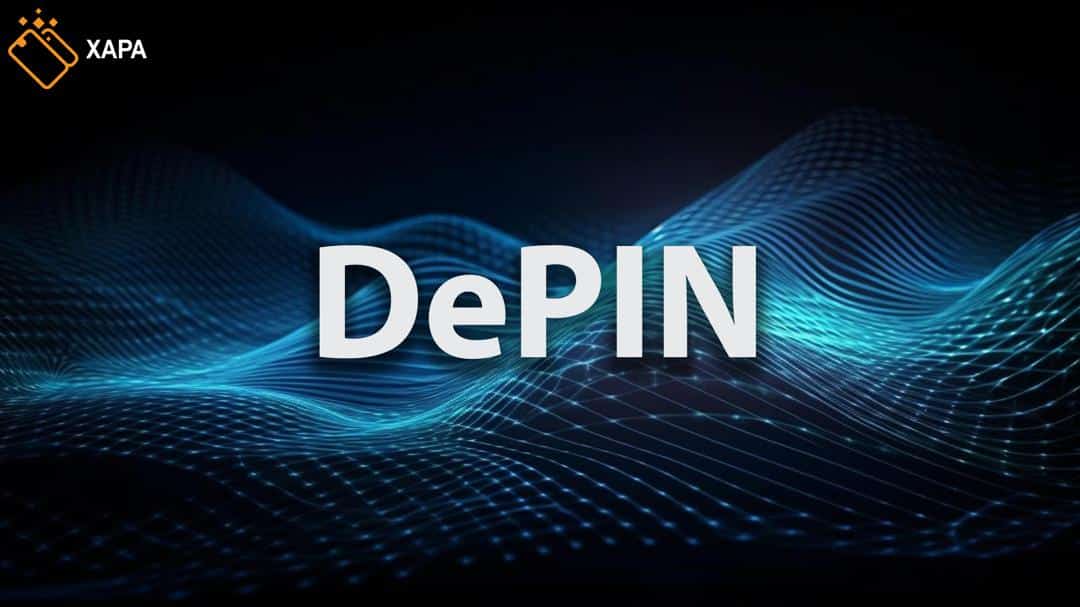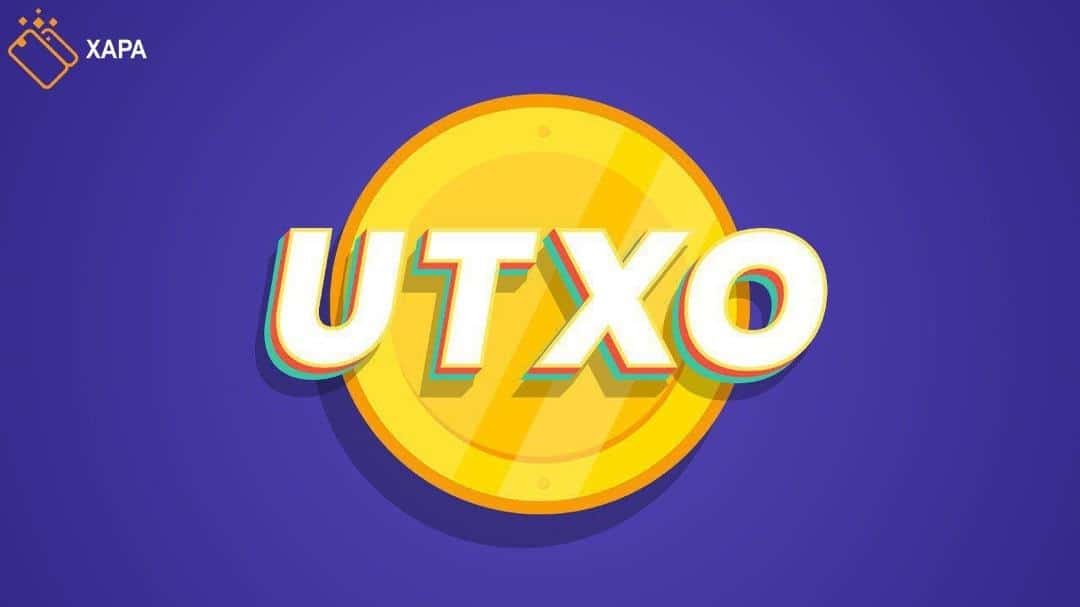
Cryptocurrencies’ safety issues and digital currencies’ risks are 2 of the most important concerns of the investor because digital currencies have the same problems as electronic money as classical electronic payment systems.
However, sometimes the operating principles for cryptocurrencies increase the likelihood of problems and consequent concerns. In addition, the same principles give rise to some risks that are limited to cryptocurrencies. All in all, we need to be aware of these risks and the safety issues and that is why we have brought everything you need in this article.
E-wallets safety issues and Problems
Spoofing and Phishing
We begin with common problems such as the old method of theft. Let me give you an example, imagine you are willing to transfer money to a friend. You copy his wallet address carefully, but the malware replaces another address on the clipboard. The user does not notice and does not check again after copying, especially if the address contains many obscure characters.
Or consider phishing as another example. Like regular e-money, users may be tricked into entering a phishing website, uploading their crypto wallets and entering a password on that site.
Of course, traditional users of a bank or a payment system may also face the problem of cyber theft. However, in a traditional payment system, it is always relatively good to cancel the transfer. In the case of cryptocurrencies, you can complain to the United Nations about cyber theft because everything that happens in the blockchain is recorded and remains.
Hacking a Payment Gateway
Even using a real payment gateway with the right address can lead to the loss of money. In June 2017, the theft of the most popular web wallet for Classic Atrium, with the original address classicetherwallet.com, suddenly began.
The hackers turned out to have used social-engineering techniques to convince the hosting provider that they were the real owners of the domain. After gaining access, they began blocking funds in circulation.
Fortunately, the strategy used by the hackers was not the best method – they immediately switched recipients, so their false identities were quickly exposed and they could only steal $ 300,000 in a matter of hours. If they collected the wallets and waited for a short time, they would remain anonymous for much longer and possibly inflict heavier damage. To be fair, classical financial services may also fall prey to such an attack so it is not something exclusive to the cryptocurrencies.
Cryptocurrencies’ safety issues and Problems
 Error Entering Address by a User
Error Entering Address by a User
The previous risks and threats were common problems with e-wallets; But as we said before, cryptocurrencies also have their problems. For example, one of the cryptocurrencies’ risks is the loss of money due to an error in the address that was created to transfer the money.
Getting deeper into the Atrium issue, if the last digit of the address is not copied, the money will disappear! Or it will go where it is assigned, but the amount of money you have earmarked for the transfer will be multiplied by 256.
This error does not apply to Bitcoin; The Bitcoin system is based on address validation. However, in Bitcoin, you may send money to a suspicious recipient.
Or you may inadvertently pay 80 bitcoins per transaction! (About 600 thousand dollars (2 billion and 400 million tomans)). It is fair to say that this type of error is unlikely to happen to an old bitcoin user!
Loss of Wallet File (the file where the account is located)
Another common problem with cryptocurrencies is the loss or theft of wallets. Most users save their wallet files on their computers. Because of this, these files may be stolen by malware or lost if the computer’s hard drive crashes.
That’s why more professional users copy their secret keys and buy USB hardware wallets. But the number of these users is small.
Centralized e-money is much better now. It is rare today for an internet banking that does not require two-step authentication and confirmation of transactions via SMS by sending a one-time (one-time) password. And in the case of companies or large amounts, the use of a USB token is mandatory.
Insecure ICOs
In 2017, investing in projects related to blockchain or cryptocurrencies became very popular among the holders of these currencies. This type of fundraising is called ICO (initial coin offering).
In short, the use of cryptocurrencies has simply resulted in huge budgets with just one internet connection. You may not have heard much about successful projects, but investors are still optimistic.
So where is the problem? The problem is that the cryptocurrency market is not yet sufficiently regulated, meaning that there is still no risk assessment mechanism and no guarantee of return on investment, except for verbal assurances from those involved. In general, just because someone has an idea does not mean that the idea is good or even feasible, or that the product is profitable, or that the design provider will spend money to implement it, not to pay attention to the executor (himself). Given that in the cryptocurrency market, it is not easy to track and identify the recipient of the money, in the end, he or she may easily run away with the money.
Fake a User’s Address
Sometimes there is an easier way to steal money. Fundraising at an ICO usually starts at a certain time and ends when the required amount is raised. At startup, the address of the collection location is sent to the project website (although there is no requirement, it is just a common method).
During the ICO, a hacker accesses the project website and replaces the address with his own until the ICO opens. In an hour, several thousand participants add several million dollars to the asset. The addresses are then marked (tagged) as fake addresses. But if these enthusiastic investors are not stopped, many of them will continue to transfer money to the same fake address, and the hacker will earn a few more dollars that day.
Tips for Holders and Investors of Cryptocurrencies
How can you prevent the problems mentioned above? We have tips to help you:
- Always check the correctness of the wallet website address and do not follow the links to the internet bank or web wallet.
- Before transferring money, double-click on the recipient’s address (check at least the first and last 5 letters of the address) and check the amount to be sent and the relevant fee.
- Reminder phrase – write down the mnemonic phrase because if you have lost your wallet or forgotten your password, it will allow you to recover the password of your wallet.
- When investing in cryptocurrencies, keep calm and make informed decisions and do not be anxious or in a hurry.
- Always keep in mind that investing in cryptocurrencies is risky. Do not invest more than the amount you are about to lose at any given time. Diversify your investments.
- Use hardware wallets.
- Run a high-quality antivirus to protect the devices you use to access your wallets and trade in cryptocurrencies, etc.
By following some simple steps, you are going to minimize the risks of Cryptocurrencies safety issues and have good and safe trades.






av+
This is a topic that’s near to my heart… Many thanks!
Where are your contact details though?
Robertbiafe
Their health seminars are always enlightening.
lisinopril prices walmart
A pharmacy that truly understands international needs.
Lorenzoreaps
They offer great recommendations on vitamins.
where to buy cipro without rx
Their free health check-ups are a wonderful initiative.
BryanDraph
Always professional, whether dealing domestically or internationally.
gabapentin does it show up in drug test
Consistent excellence across continents.
BryanDraph
Leading the charge in international pharmacy standards.
clomid1day.top/
A beacon of trust in international pharmacy services.
BryanDraph
Always providing clarity and peace of mind.
gabapentin lido keto 5
Their international catalog is expansive.
www.binance.com Регистрация
Your article helped me a lot, is there any more related content? Thanks!
注册免费账户
Thank you for your sharing. I am worried that I lack creative ideas. It is your article that makes me full of hope. Thank you. But, I have a question, can you help me? https://accounts.binance.info/en-IN/register-person?ref=UM6SMJM3